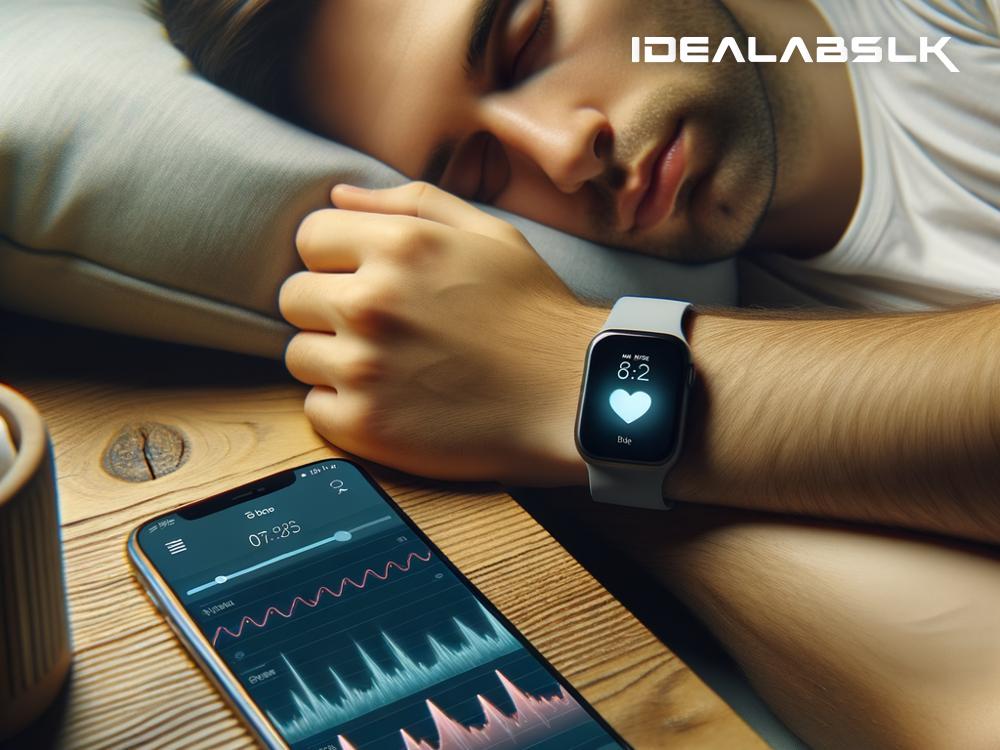How Technology is Improving the Management of Sleep Disorders: Wearables and Apps for Better Rest
Good sleep is as vital to our health as eating well and exercising. Yet, a surprising number of people struggle with sleep disorders that prevent them from getting the rest they need. Luckily, technology is stepping in to help with innovative solutions that make managing and improving sleep disorders easier than ever. Let's dive into how wearables and apps are leading the charge towards better zzz's.
The Rise of Sleep Tech
In recent years, there's been a significant boom in technology aimed at enhancing our sleep quality. From smart mattresses to sleep tracking wearables, the market is flourishing with gadgets designed to help us understand and improve our sleep patterns. But it's not just about tracking how much you sleep; it's about understanding the quality of sleep and what affects it.
Wearables: Your Sleep's New Best Friend
Wearable tech, such as smartwatches and fitness bands, have become incredibly popular for monitoring sleep. These gadgets are equipped with sensors that track various data while you snooze, like your heart rate, movement, and even your breathing. By analyzing this information, they can tell you how long you were in each sleep stage and offer insights into how you might improve your sleep quality.
Some advanced wearables go a step further by identifying sleep disorders like sleep apnea, a condition where breathing stops and starts throughout the night. This information is not only helpful for the wearer but can also be valuable when shared with a healthcare provider to diagnose and manage sleep conditions.
Apps: From Monitoring to Improvement
Sleep apps have also made a big splash in the tech world. From those that help you track your sleep patterns without needing a wearable to apps that offer guided meditation or calming sounds to help you drift off, there's an app for nearly every sleep concern.
One of the fascinating things about these apps is their ability to analyze your sleep data and provide personalized recommendations. Some can even adjust your smartphone's settings to reduce blue light exposure in the evening, which can interfere with your ability to fall asleep. Others use Cognitive Behavioral Therapy (CBT) techniques to address insomnia, helping you change the behaviors and thoughts that are keeping you awake.
How It All Comes Together
So, how do these wearables and apps translate to better sleep? It's all about the data and doing something useful with it. By tracking your sleep over time, you can begin to notice patterns or behaviors that might be contributing to poor sleep. Perhaps you'll discover that you tend to sleep poorly on days when you consume caffeine late in the day or when you're more active close to bedtime.
Armed with this knowledge, you can start making changes to improve your sleep. Maybe it's adjusting your bedtime routine, changing your diet, or incorporating relaxation techniques before bed. The goal is to use the information provided by the wearables and apps to make informed decisions about your sleep health.
Beyond Tracking: The Future of Sleep Tech
The future of sleep technology is not just in tracking and analyzing but in actively improving sleep. Imagine wearables that can not only detect when you're in a deep sleep phase but can also subtly adjust your environment to enhance that restorative sleep. Think smart beds that can change their firmness based on your sleep stage or even gently wake you up at the optimal point in your sleep cycle.
Furthermore, as more data is collected, these devices and apps will only get smarter, offering even more personalized advice and solutions. We're heading towards a future where managing sleep disorders could be as straightforward as checking your app or wearable device, making sleepless nights a thing of the past.
In conclusion, as sleep tech continues to evolve, the potential for improving the management and treatment of sleep disorders grows. By leveraging the power of wearables and apps, we're not just tracking our sleep; we're unlocking the door to better rest, health, and wellbeing. So here's to technology for giving us new tools to fight an old nemesis: poor sleep.

